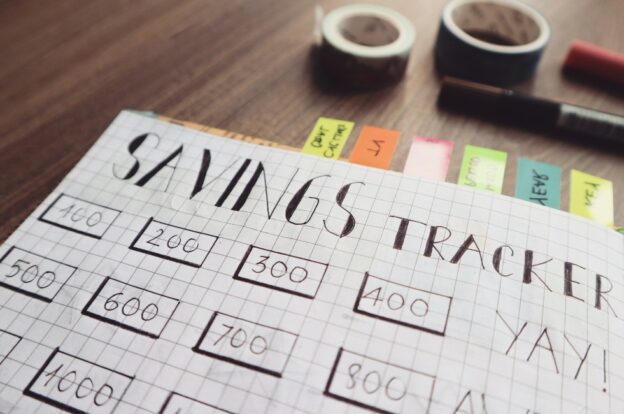Feeling unstable financially can be extremely stressful and can play an immense role in not only your mental health but your ability to turn away from substance misuse for good. This is why establishing financial goals in recovery and a plan for how to reach them is so important.
Many people who struggle with substance misuse also struggle with financial stability. This can be due to a number of different factors. Some examples include having spent much of their savings on purchasing substances, falling into debt as a result of substance misuse, job loss, or the inability to work as frequently due to substance misuse and their recovery. The cost of various treatments may also play a role in their financial situation.
Understanding How Addiction Can Lead to Financial Problems
When someone struggles with addiction, they often put substance use above everything else in their life. This means that their money is often not going to places where it should be, even places that are necessary to maintain a stable life. While they might feel as if they are in control, things can snowball pretty quickly. For example, maybe they are just a few days behind on rent for one month, but then they likely face late fees, which puts them even further behind for the next month.
Before long, they may not be able to pay rent at all and are faced with eviction. Then not only are they going to face any fees associated with a broken lease, but they are also going to have to navigate the moving process, which can be very expensive on its own.
Then there is the matter of legal fees that many people with substance use issues also face. Things like bail, the cost of a lawyer, and court fees can really add up, putting the individual even deeper in the hole.
Coming Up With a Plan
When you first begin treatment, it is important to come up with a plan, starting with the basic necessities. Do you have a place to live or do you need to find one? There are affordable housing environments, especially for those in recovery, that you may want to consider. Or perhaps you would be able to save money by getting a roommate or staying with a family member or friend on a temporary basis. Remember, above all else, you want to ensure that your living environment is safe and stable.
Next, you’ll need to consider employment. Do you have a job to return to or do you need to find one? If not, don’t worry. There are lots of resources available to help you with everything from filling out job applications to creating your resume. Your treatment provider will be able to point you in the right direction for these resources.
Coming Up With a Budget
Your next step, after you have figured out the basics, is to create your budget. Start by writing down all your expenses for the month and how much money you expect to pay for each one. Some things to consider are:
- Rent or morgage
- Car insurance
- Gas
- Electric bill
- Water bill
- Internet
- Grocery bill
- Loans or debt
- Phone bill
These are all things that most would consider necessary, things that you will have to pay for. Once you have these numbers, add them up and determine your total. Then figure out your projected income and subtract your expenses to determine what you have left. As your income grows over time and as you continue to try to stick to your budget, ideally, this number will grow.
There are some things to consider in regard to what you do with this extra money. Some of it should, of course, go into your savings. You may also have a separate fund just for emergencies that you can contribute to each month. Once you have done that, you can decide how much of your remaining income you are going to devote to the non-necessities. Examples of such things can include entertainment or eating out.
Develop Both Short- and Long-Term Financial Goals
In recovery, it is prudent to develop both short- and long-term goals when it comes to your finances. These goals should be realistic and achievable. Short-term goals are typically things that you can accomplish within a year. For example, maybe you want to pay back a personal loan or accumulate a certain amount of savings so you can feel more secure financially. Or maybe you need to replace a home appliance like a stove or microwave.
Long-term goals typically take five years or more to accomplish. They could include things like paying off your mortgage, saving up to buy a new home, or paying off your student loans. These are things you can work toward every single day.
Addiction can be a very costly thing. It can lead to things like eviction, job loss, debt, and legal fees. But through recovery, you can get back on your feet again by coming up with a financial plan. The first start is getting a job and a stable home environment. From there, you can come up with a realistic budget to ensure that your hard-earned money is going where it needs to be. You can then begin writing down both short- and long-term goals that you have for yourself. If you’re struggling with substance use disorder, our team at The Ho Tai Way can help. Call us at (714) 581-3974 today.









